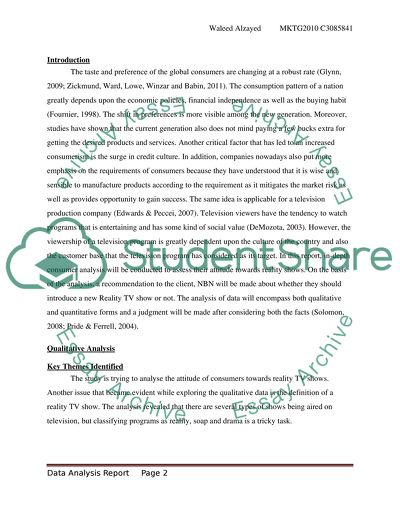Cite this document
(“Marketing Research- Individual Data Analysis Report Assignment”, n.d.)
Marketing Research- Individual Data Analysis Report Assignment. Retrieved from https://studentshare.org/marketing/1489493-marketing-research-individual-data-analysis-report
Marketing Research- Individual Data Analysis Report Assignment. Retrieved from https://studentshare.org/marketing/1489493-marketing-research-individual-data-analysis-report
(Marketing Research- Individual Data Analysis Report Assignment)
Marketing Research- Individual Data Analysis Report Assignment. https://studentshare.org/marketing/1489493-marketing-research-individual-data-analysis-report.
Marketing Research- Individual Data Analysis Report Assignment. https://studentshare.org/marketing/1489493-marketing-research-individual-data-analysis-report.
“Marketing Research- Individual Data Analysis Report Assignment”, n.d. https://studentshare.org/marketing/1489493-marketing-research-individual-data-analysis-report.


